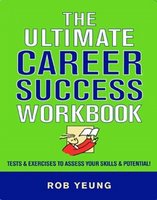TV channel triple threat
October is televisually a busy month for me, with me appearing on three channels:
- Pete's PA started on the Living channel last Monday 8th October and runs for ten weeks. On that show, I'm helping celebrity Pete Burns to find a new personal assistant to run his life. And my role as one of his panel is to separate the rubbish wannabes who only want to be his PA to get famous from the decent candidates who I think could do the job.
- The Restaurant: You're Fried is coming to a close on BBC3. Over the past few months, we've seen various couples compete for the chance to set up their own business in partnership with Michelin-starred restaurateur Raymond Blanc. And, in analysing the dynamics of the various competitors, I have to say I've learned a lot about the restaurant trade - at least I'm 100% sure I don't want to run a restaurant!
- And in a couple of weeks I'm going to be on Strictly Come Dancing: It Takes Two, the BBC2 show that analyses the off-screen action as the contestants gear up for the live BBC1 shows every Saturday. I'm going to ask the contestants to complete psychometric tests so that I can delve further into their personalities...
Oh, and my new website www.robyeung.com is up and running too - to lure those TV producers and conference producers in... - so if you know a TV producer who is looking for a psychologist, you know where to send them...


















.jpg)
.jpg)

















